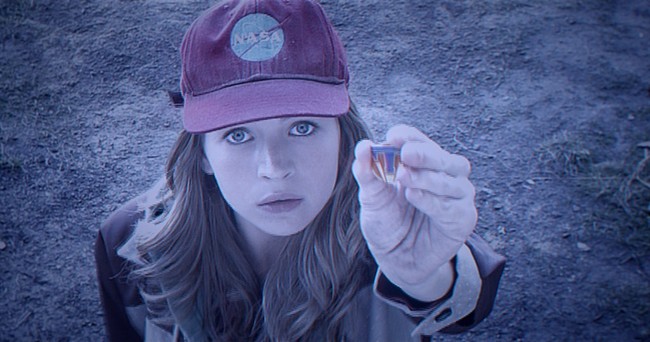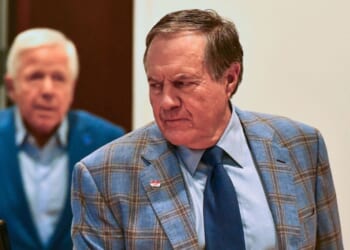
Ten years ago today, before Disney went too far into wokeness and just as it was beginning to ruin the theme park experiences for long-time guests, a movie debuted. On May 22, 2015, Walt Disney Pictures released “Tomorrowland.”
That was one of the movies I was most looking forward to in 2015 because I anticipated it would follow a principle I’ve written thousands of words about over the years, a concept I call Walt Disney’s “optimistic futurism.”
Way back in 2013, I wrote that “When many people think of Disney, they feel nostalgia, fantasy, and escapism, but in reality, Walt possessed a strong vision for making the future better than the present. He believed that technology and free enterprise held the key to a positive future.”
That vision was what prompted Walt and his brother Roy to purchase 43 square miles of central Florida land to build what would become Walt Disney World. In planning the “Florida Project,” as the company called it in its development stages, Disney leaned on corporations (and its own brilliant in-house minds) to develop innovative, creative solutions to solve issues and create an immersive environment.
Side note: Part of the work to develop Walt Disney World included creating the Reedy Creek Improvement District, which allowed Disney quasi-governmental control over the property. The dark side is that in later years, the company took massive advantage of that authority, which I’ve detailed in numerous articles.
But anyway, back to the movie. Critics’ assessment of “Tomorrowland” was mixed, and audiences didn’t line up for it. The problem was that people didn’t know what to make of it. It wasn’t exactly science fiction, and it wasn’t fantasy. It wasn’t like anything else anywhere.
Flashback: Walt & Roy Disney: Champions of Free Enterprise
Part of the problem was that critics didn’t understand it. Writers on both the left and the right thought that the movie was a climate change screed. The Daily Beast blamed star George Clooney (who, while he’s a reliable leftist, didn’t write the script), and Breitbart parroted what the Daily Beast wrote about the movie.
It was obvious that neither outlet had watched the movie too closely. As I wrote in my review of “Tomorrowland”:
Here’s the thing: the movie isn’t really about global warming. Environmental disasters are just part of what could contribute to the end of the world according to “Tomorrowland,” and the only character who specifically mentions global warming is the villain, Governor Nix (Hugh Laurie). In fact, the screenplay indicts those who promulgate a vision of negativity and dystopian doom-and-gloom on the world…
Instead, “Tomorrowland” does a decent job in articulating Walt Disney’s vision for the future — one in which the best and the brightest dreamers, thinkers, and doers work together to innovate and generate hope and excitement for the future. The film’s conflict stems from the fact that Tomorrowland has lost that sense of hope and has fallen under the cynicism and gloom of Governor Nix.
“Tomorrowland” is a bright, shiny, optimistic movie that expresses Walt Disney’s optimistically futuristic vision. The performances are wonderful, the special effects are amazing, and Michael Giacchino’s score is brilliant. Ten years later, it still holds up. I encourage you to check it out for yourself.
It’s no secret that culture has lined up against the truth. That’s why it’s important to support truth-tellers like all of the talented writers here at PJ Media. One way you can do that is by becoming a VIP member.
PJ Media VIPs get deeper dives into important issues as well as podcasts and an ad-free experience. VIPs also have a heck of a lot of fun.
A PJ Media VIP membership is a tremendous value on its own, but you can use the promo code FIGHT to get 60% off! What are you waiting for? Sign up today!











